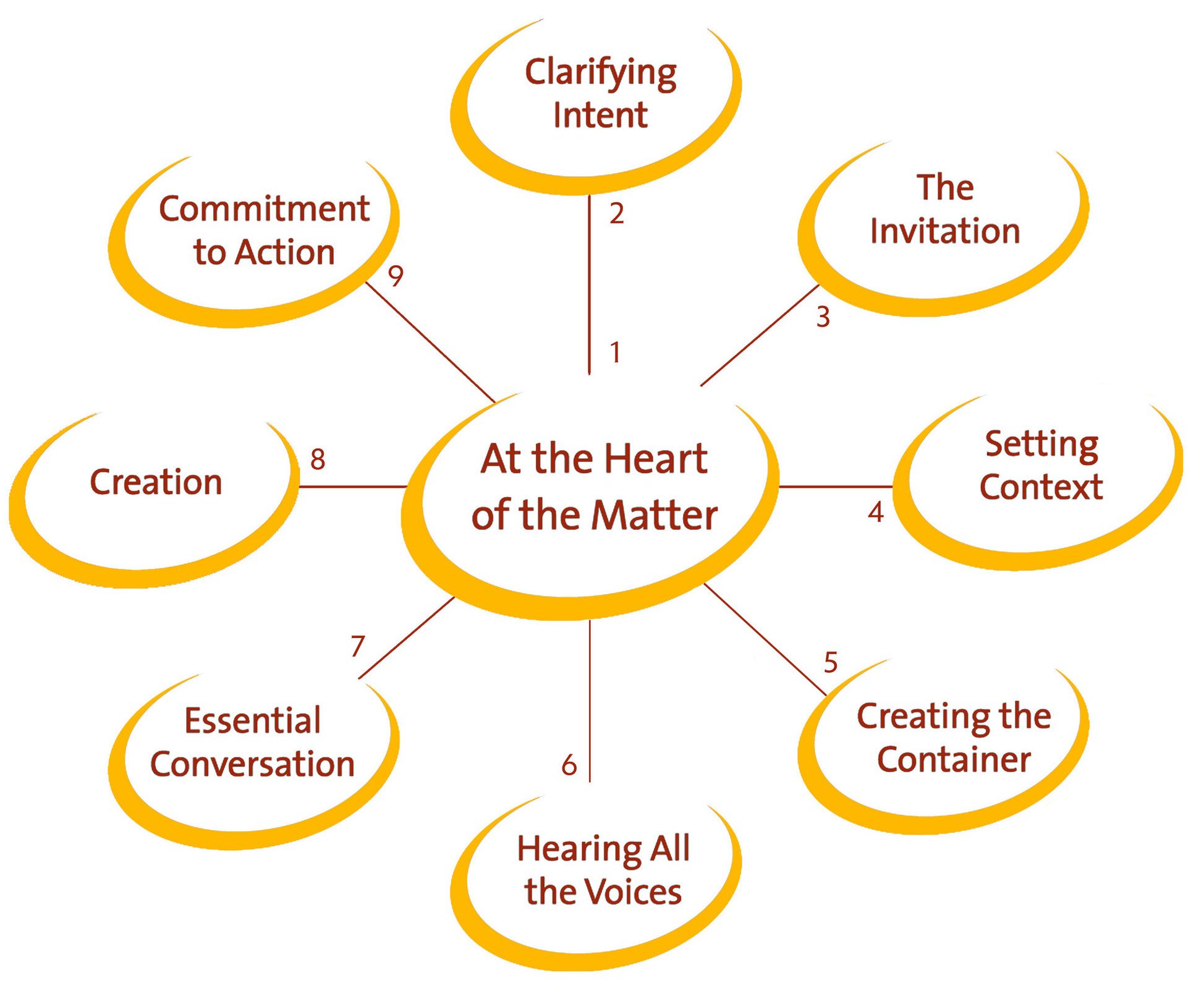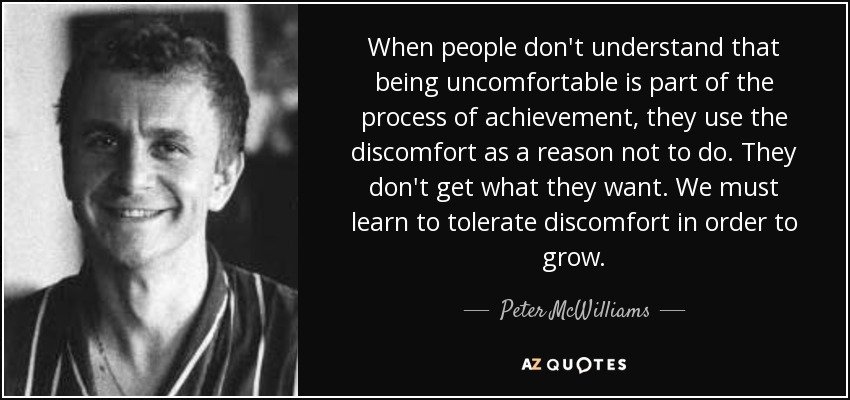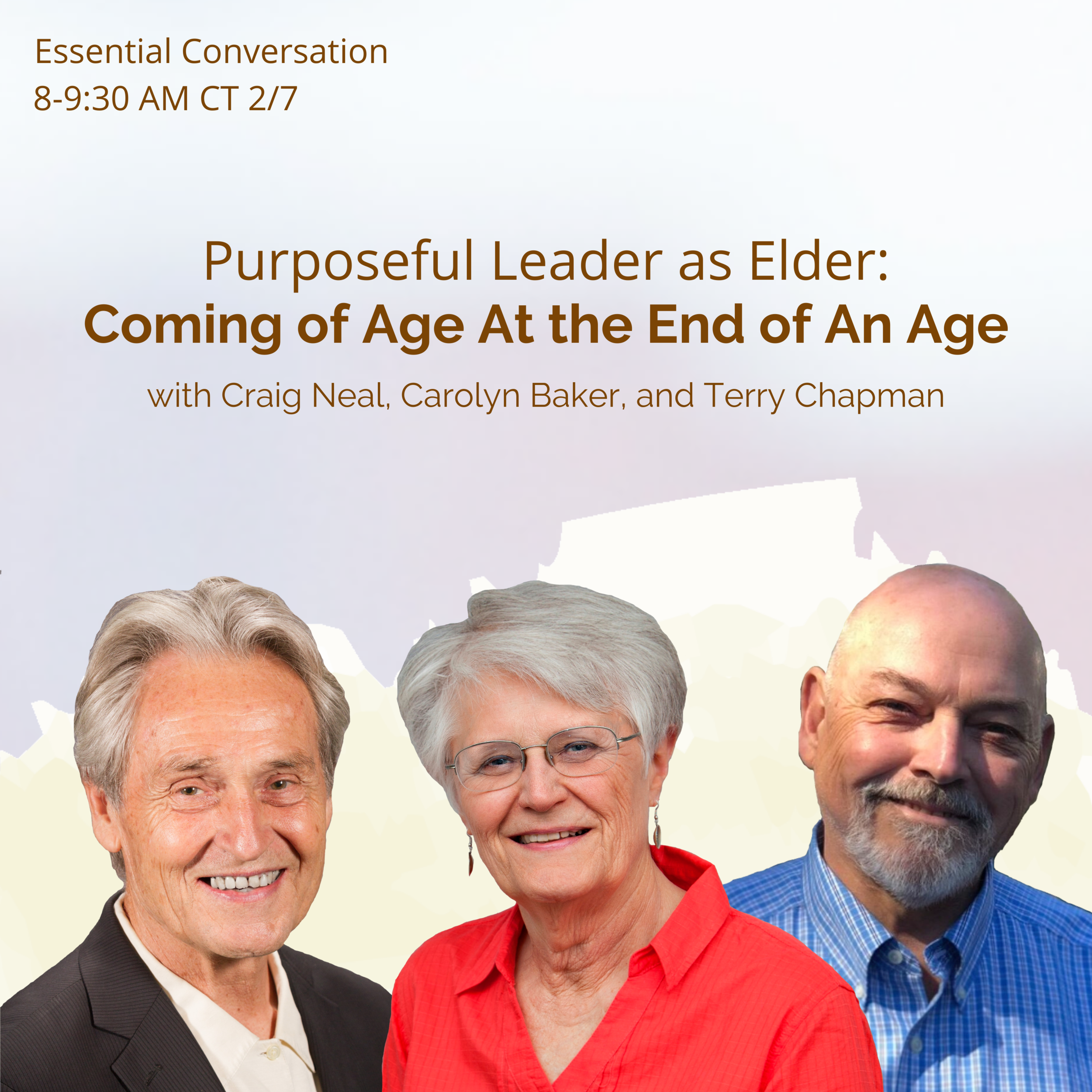With millions more watching on TV or listening on the radio, the crowd of mostly Afrikaners went wild with a deafening chant of “Nel‐son,” “Nel‐son!” The country was united for the moment – “One Team, One Country”. It was a moment that many people realized that this country could work.
Mandel showed that he could forgive and become the wise leader they wanted.
The Springbok’s won the thrilling championship game in overtime.
Mandela’s stand embodied what it means to be “people‐wise.” After decades of apartheid and afte twenty‐seven years in prison, it would have been natural for him to focus on the wants of his black constituents at the expense of the broader interests of the country.
But, Mandela had become a leader with a people‐wise view. His actions toward the Springboks served as a powerful symbol of what the new South Africa might be like. They reflected his wise awareness of how others very different from himself would react to changes accelerating around them.
Nelson Mandela has two critical things to teach us about becoming wise leaders.
First, “becoming” means clearly understanding the difference between being smart and being wise.
They’re not the same. Wisdom demands insight and effectiveness with people. A leader can be very smart without being smart about people. Becoming a wise leader requires having a feel for people – their hopes, fears, passions, and purposes.
Second, becoming a wise leader means understanding “Why things are the way they are.” Aristotle claimed that wisdom comes from our understanding of “why” things are the way they are. To him, a smart person knows a lot about “what” and “how” but a wise person understands “why.”
It was Mandela’s understanding of the “why” of all South Africans that testifies to his greatness as a “people‐wise” leader. He had no enemy within. 1
What makes a Leader wise?
We like to believe that our leaders are smart people. But, as Nelson Mandela showed us, being smart is not enough in the long run. So, how does one go from being a smart leader to becoming a wise leader? Start by seeing the world differently – from the inside out. A wise leader is constantly becoming more self‐aware. Without self‐awareness, it’s very hard to move out of smartness. The “dean of leadership gurus”, the late Warren Bennis wrote: “The leader never lies to himself, especially about himself, knows his flaws as well as his assets, and deals with them directly.” Even though Bennis mentored CEOs, taught countless soon‐to‐be leaders while teaching at Harvard, MIT, and USC, and advised U.S. Presidents John F. Kennedy, Lyndon Johnson, Gerald Ford, and Ronald Reagan, he never pretended he knew everything. He wrote, “To an extent, leadership is like beauty:
It’s hard to define, but you know it when you see it.” Do you see it in yourself? Do others see it in you?
Self‐awareness is the “soul” of wise leadership. Without a soul, a leader is nothing more than a smart suit.
The Big Idea: Becoming Self‐Aware
Self‐awareness is the “soul” of wise leadership. Without a soul, a leader is nothing more than a smart suit. For more information read “Playing the Enemy: Nelson Mandela and the Game that Made a Nation” by John Carlin, and watch the film Invictus starring Morgan Freeman and Matt Damon.
Richard Leider, founder of Inventure – The Purpose Company, is one of America’s preeminent executive‐life coaches.



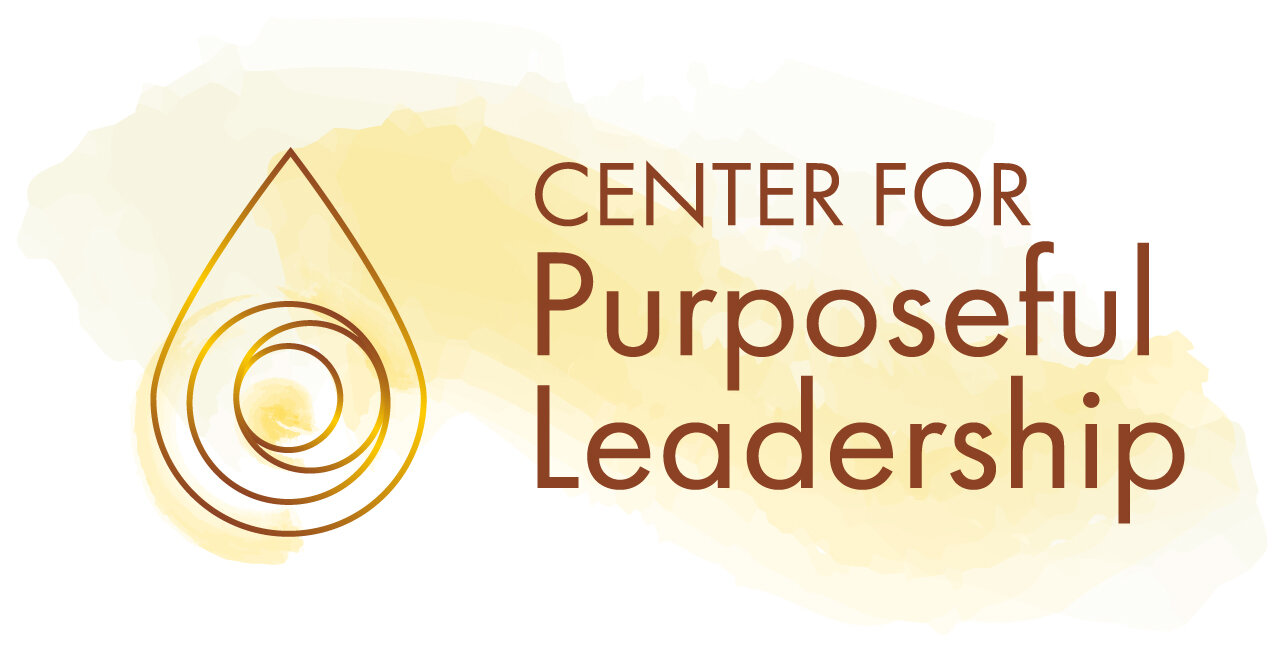















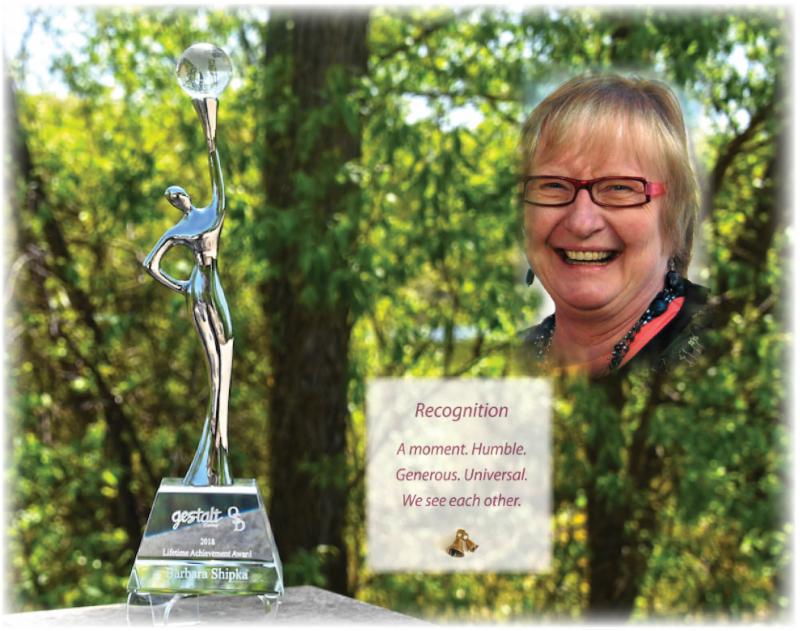
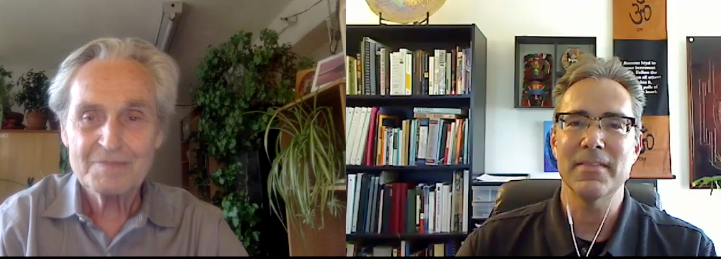
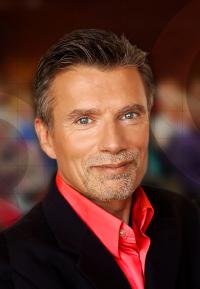




















![[Hearth] Voices from Ukraine: Part 2](https://images.squarespace-cdn.com/content/v1/58a4e3be9de4bb98b066fd6f/1647955546471-VUGA4FCGFEUYJ29TEQVA/sunforest-mix-sunflower-types-1586794598.jpeg)

